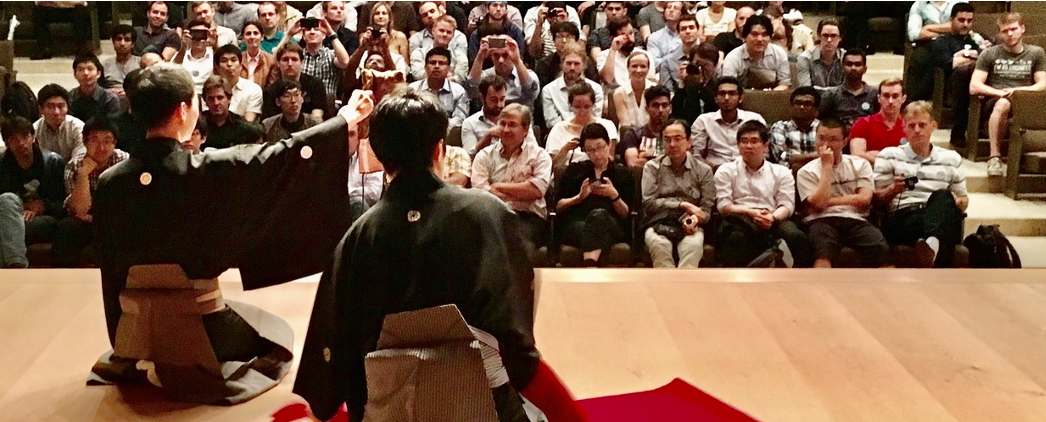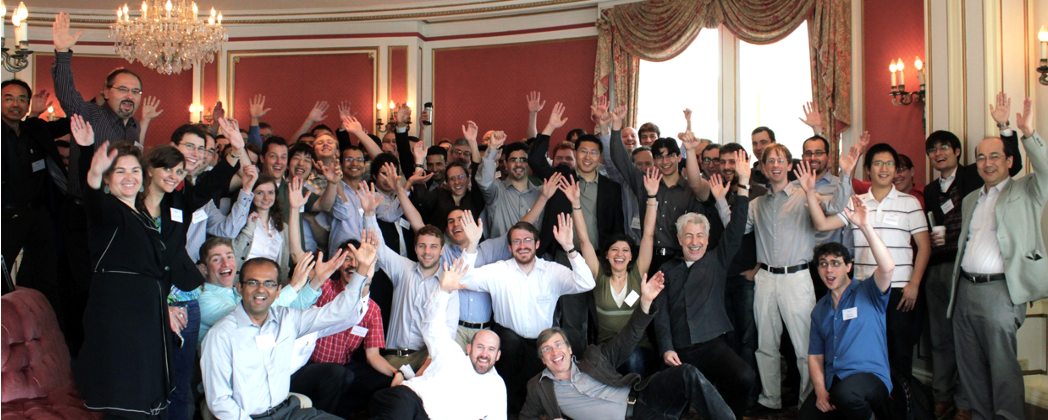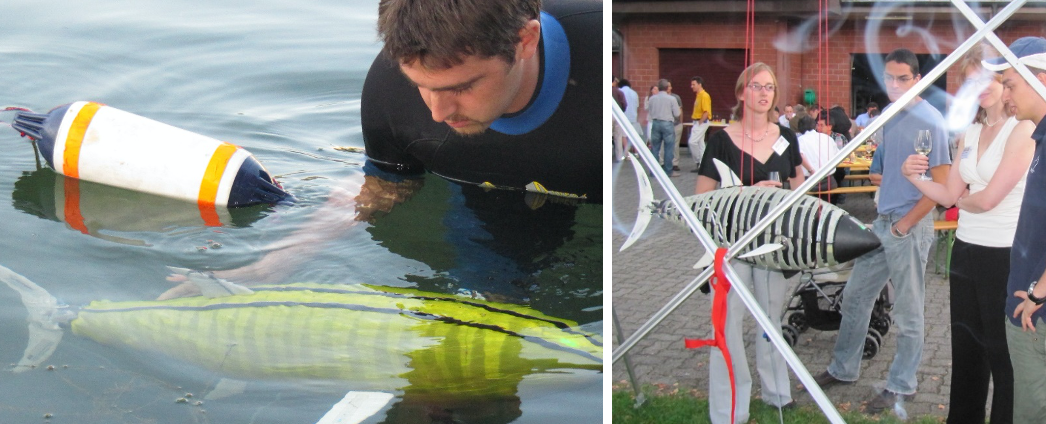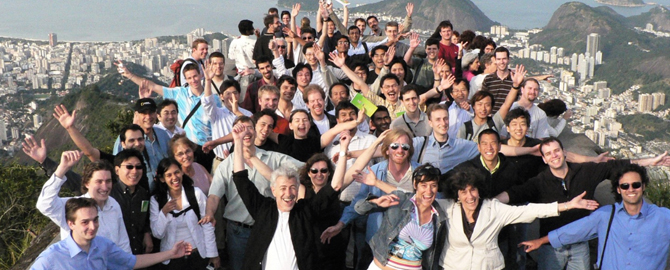Date and time:
March 4 at 2:00pm PST/ 5:00pm EST/ 11:00pm CET
Live Stream: Zoom Webinar (https://zoom.us/j/98459833080)
Live questions and discussion: Slido (https://app.sli.do/event/e2w5skdr)
Speaker: Wolfram Burgard
Toyota Research Institute
Moderator: Henrik I. Christensen
University of California San Diego
Front Row Participants: Marcelo Ang, Andrea Censi, Evangelos Theodorou, David Paz
Title: Probabilistic Robotics and Autonomous Driving
Video on Bilibili: https://www.bilibili.com/video/BV1Zb4y1X7zn/
Video on YouTube: https://youtu.be/VZQ41yZWX0Q
Abstract:
For autonomous robots and automated driving, the capability to robustly perceive their environments and execute their actions is the ultimate goal. The key challenge is that no sensors and actuators are perfect, which means that robots and cars need the ability to properly deal with the resulting uncertainty. In this presentation, I will introduce the probabilistic approach to robotics, which provides a rigorous statistical methodology to solve the state estimation problem. I will furthermore discuss how this approach can be extended using state-of-the-art technology from machine learning to bring us closer to the development of truly robust systems able to serve us in our every-day lives. In this context, I will in particular focus on the data advantage that the Toyota Research Institute is planning to leverage in combination with self-/semi-supervised methods for machine learning to speed up the process of developing self-driving cars.
Wolfram Burgard (Speaker Bio)

Wolfram Burgard received the Ph.D. degree in computer science from University of Bonn, Bonn, Germany, in 1991.He is currently VP of Autonomous Driving at Toyota Research Institute and a Professor of computer science with University of Freiburg, Freiburg, Germany, where he heads the Laboratory for Autonomous Intelligent Systems. In the past, he developed several innovative probabilistic techniques for robot navigation and control, which cover different aspects such as localization, map building, path planning, and exploration. His research interests include artificial intelligence and mobile robots. Dr. Burgard received several Best Paper Awards from outstanding national and international conferences. In 2009, he was the recipient of the Gottfried Wilhelm Leibniz Prize, the most prestigious German research award.






